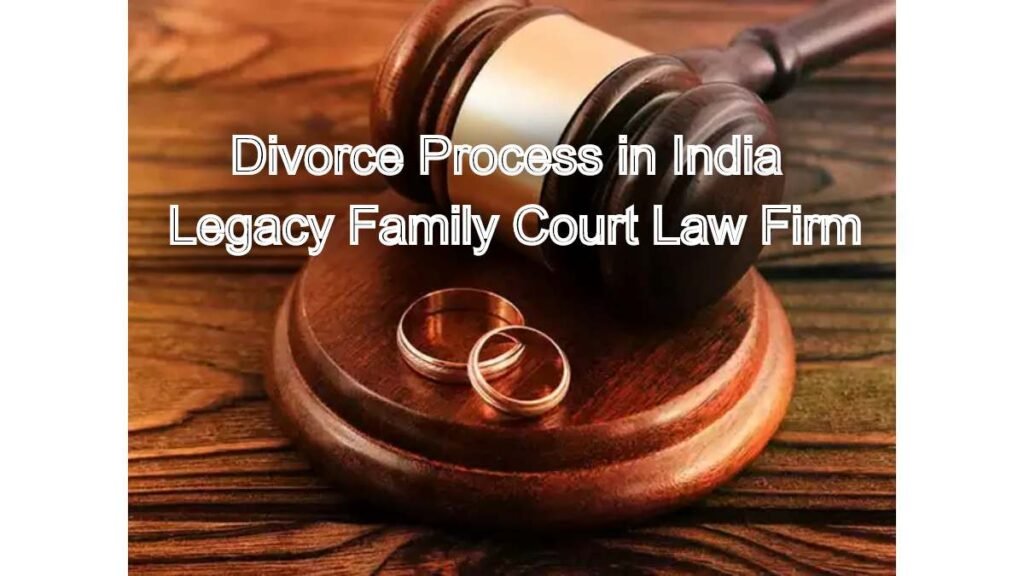Indian Divorce Laws: Navigating the Process with Expert Guidance
Divorce Process in India: A Step-by-Step Guide
Introduction
Divorce is a complex legal process that can be emotionally challenging and time-consuming. In India, the divorce laws are governed by various personal laws, including Hindu Law, Muslim Law, Christian Law, and Parsi Law. Understanding the specific laws applicable to your situation is crucial in navigating the divorce process.

Choosing the Right Grounds for Divorce
The grounds for divorce vary depending on the personal law governing your marriage. Common grounds for divorce in India include:
- Adultery: This is a common ground for divorce under Hindu Law.
- Cruelty: If one spouse has subjected the other to cruelty, it can be grounds for divorce.
- Desertion: If one spouse has abandoned the other without a reasonable cause, it can be grounds for divorce.
- Conversion: If one spouse converts to another religion and refuses to cohabit with the other, it can be grounds for divorce.
- Insanity: If one spouse is adjudged insane and incapable of managing their affairs, it can be grounds for divorce.
Filing the Divorce Petition
Once you have decided on the grounds for divorce, the next step is to file a divorce petition with the appropriate court. The jurisdiction of the court depends on various factors, including the place of marriage, residence of the parties, and the cause of action.
Serving the Divorce Petition
After filing the petition, it must be served on the other spouse. This can be done through various methods, such as personal service, registered post, or publication in a newspaper.
Response to the Divorce Petition
The other spouse has the right to respond to the divorce petition. They can either admit the allegations or contest the divorce.
Discovery and Evidence
During the discovery phase, both parties exchange information and evidence relevant to the case. This may include documents, witness statements, and expert opinions.
Trial and Judgment
If the parties cannot resolve the divorce through negotiation or mediation, the case will proceed to trial. The court will hear evidence from both sides and render a judgment.
Maintenance and Custody
In cases involving children, the court will also address issues of maintenance and custody. Maintenance is the financial support provided to the spouse and children, while custody refers to the legal right to care for the children.
Read More
- Valid Second Marriage: How to find the Best Matrimonial Lawyers?
- Seeking Expert Family Law Advice for Annulment? Here’s Your Guide
- Annulment of marriage in Chennai: What is the procedure?
- Annulled Marriage vs. Divorce in India: Expert Advice on Decree of Nullity
- Legitimacy of Children in Void and Voidable Marriages
- National Commission for Women
Conclusion
The divorce process in India can be complex and emotionally draining. It is essential to seek legal advice from a qualified attorney to understand your rights and options. Legacy Family Court Law Firm offers expert legal assistance to individuals going through divorce in India. Our experienced attorneys can guide you through the process and help you achieve a favorable outcome.